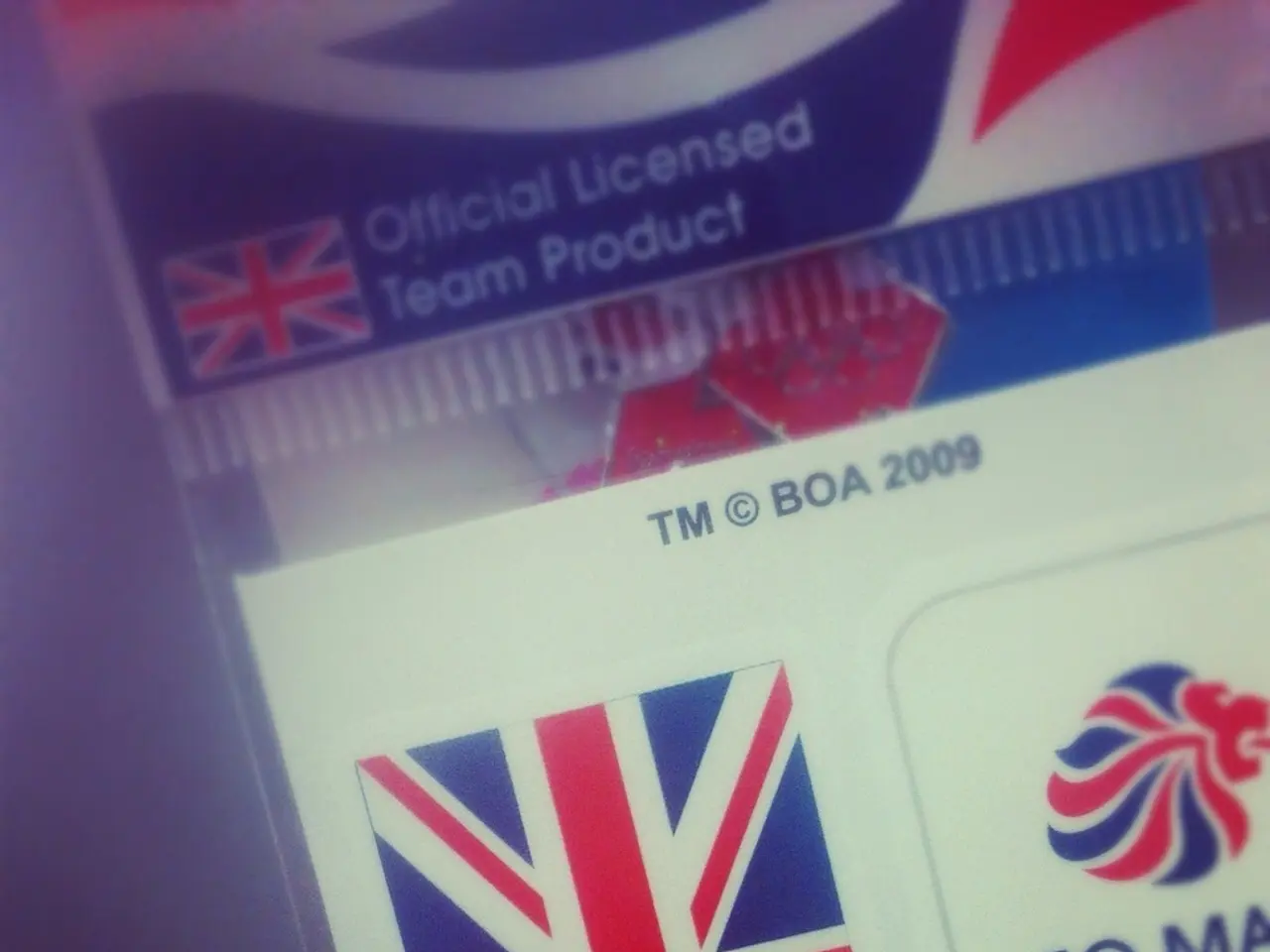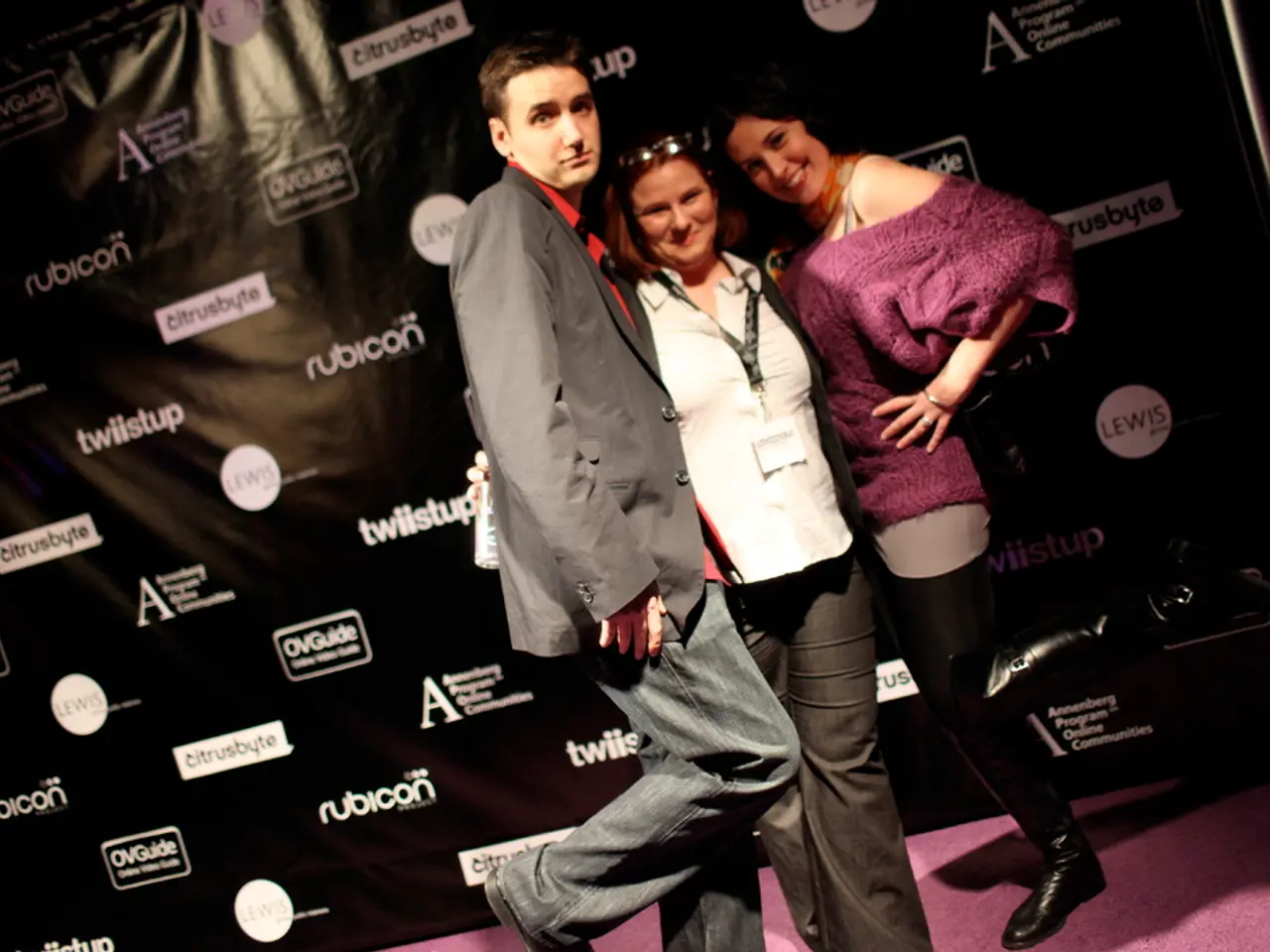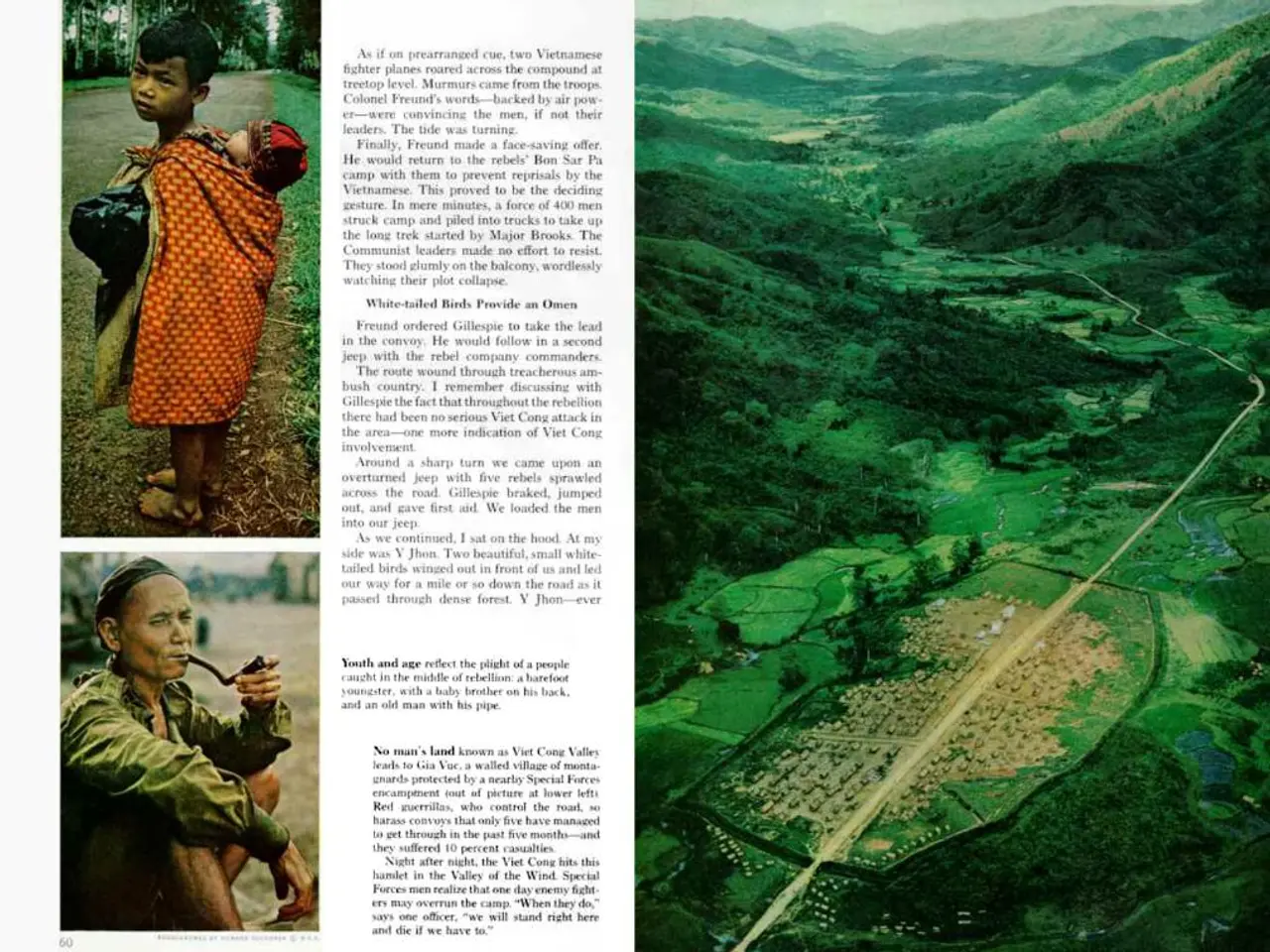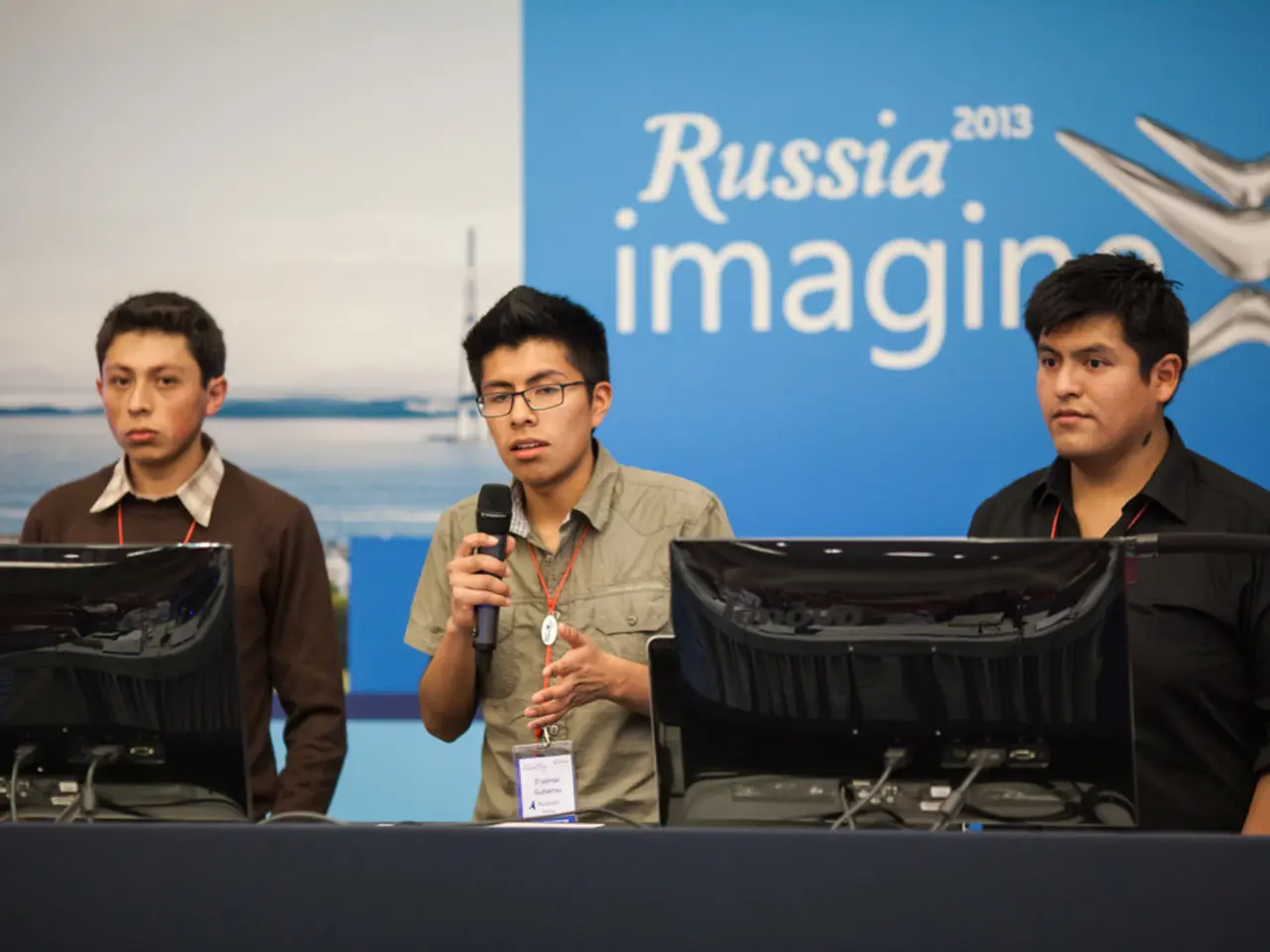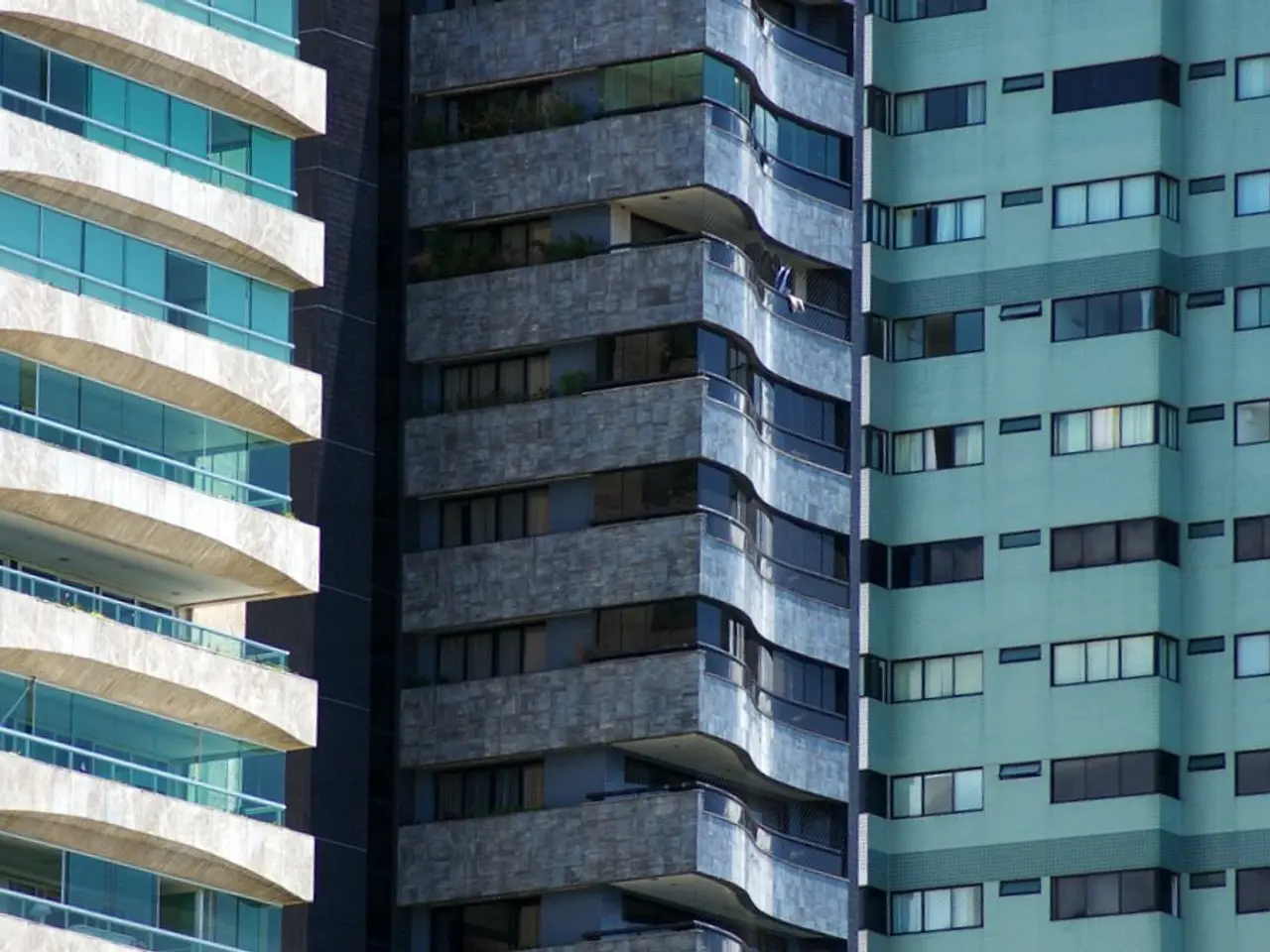United States sanctions under fire by ICC President Akane
The international response to the US sanctions against the International Criminal Court (ICC) has been largely critical, with significant pushback from the United Nations, human rights experts, and many member states of the international community. The ICC and its supporters view the US sanctions, imposed through Executive Order 14203 signed by former President Donald Trump in February 2025, as retaliatory measures aimed at undermining the Court’s investigations into alleged war crimes involving US nationals and allies such as Israel.
At the 59th session of the UN Human Rights Council (UNHRC), the UN High Commissioner for Human Rights, independent UN human rights experts, various states, and civil society organizations firmly condemned the US retaliatory sanctions and threats against ICC officials and others supporting the Court. They emphasized the ICC’s importance as a permanent international criminal tribunal critical for justice, peace, and accountability.
The US sanctions target key ICC figures, including Prosecutor Karim Khan, several ICC judges involved in investigations of US and Israeli nationals, and the UN Special Rapporteur for human rights in Palestinian territories. These measures include visa restrictions, asset freezes, and travel bans on ICC personnel and their immediate family members.
Human rights groups and other proponents of the ICC argue that the sanctions severely hinder the Court’s ability to operate effectively, obstruct justice for victims, and are politically motivated responses that challenge international law and the principle of accountability.
While many European countries officially support the ICC, there is noted ambivalence partly because of past arrangements granting immunity to US officials from ICC jurisdiction. This has complicated Europe’s stance, with some questioning the willingness to confront US actions robustly, given geopolitical and diplomatic sensitivities.
A federal judge in the US has issued a preliminary injunction limiting the enforcement of sanctions against some US citizens in certain contexts. However, sanctions against foreign ICC officials remain in place, continuing to impact ICC operations negatively.
ICC President Tomoko Akane has criticized the sanctions imposed by US President Donald Trump on the ICC, stating that they violate international law and have affected third countries. Akane, along with other ICC supporters, fears that if the sanctions continue, the ICC system could collapse.
The ICC, based in The Hague, has issued arrest warrants, including for Israeli Prime Minister Benjamin Netanyahu, and launched an official investigation into alleged war crimes by US service members in Afghanistan. These actions by the ICC have angered the United States, which is not a member of the ICC.
In summary, the international community, especially human rights bodies and multilateral organizations, has strongly opposed the US sanctions on the ICC, viewing them as attempts to block accountability for serious international crimes. At the same time, European support appears cautious and fragmented due to political complexities. The US stance reflects a prioritization of protecting its nationals and allies from ICC jurisdiction, invoking immunity principles not fully endorsed internationally.
- The international response to the US sanctions against the International Criminal Court (ICC) is criticized by the United Nations, human rights experts, and many member states.
- The ICC and its supporters view the US sanctions as retaliatory measures aimed at undermining the Court's investigations into alleged war crimes involving US nationals and allies.
- The US sanctions target key ICC figures, including Prosecutor Karim Khan, ICC judges, and the UN Special Rapporteur for human rights in Palestinian territories, causing hindrances to the Court's effective operations.
- The international community, primarily human rights bodies and multilateral organizations, view the US sanctions as attempts to block accountability for serious international crimes, while European support remains cautious and fragmented due to political complexities.
